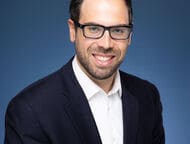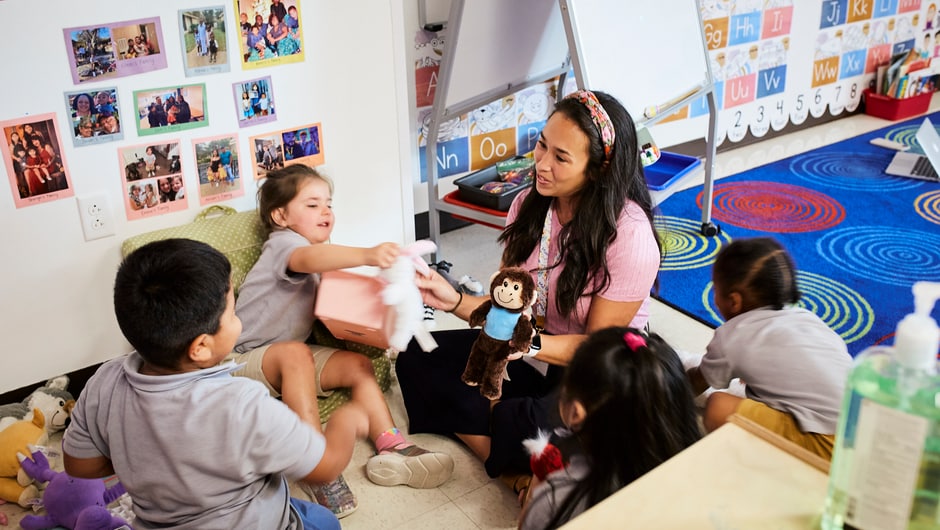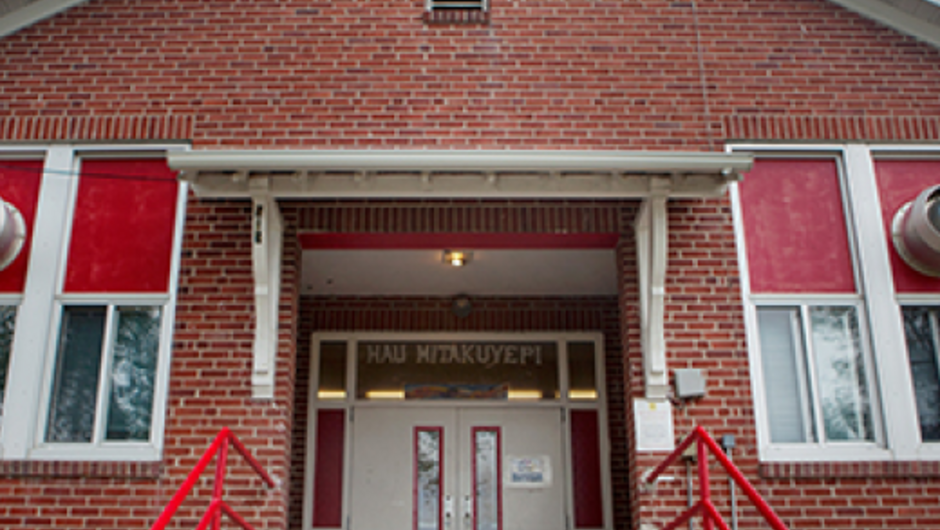
Asian Pacific American Heritage Month: Four Leaders Working to Meet Students' Unseen Needs
We talk to four organizations working to dismantle stereotypes about the Asian American, Native Hawaiian, and Pacific Islander community and address the unmet—and unseen—needs of students.
There is a prevalent belief that Asian Americans are a homogenous, universally successful group—academically, professionally, and economically.
In reality, this model minority stereotype disguises the diversity of experiences within the Asian American, Native Hawaiian, and Pacific Islander (AANHPI) community, which consists of 48 ethnicities, over 300 spoken languages, and a multitude of cultures, regions, (im)migration histories, and socioeconomic statuses. This misconception also hurts the most vulnerable and underserved populations of AANHPI students, who are left to face steep educational inequities every day without the supports they need.
For Asian Pacific American Heritage Month, we spoke to four AANHPI organizations with whom we partner to fight these inequities about the pressing needs of AANHPI students in 2019.
“Our partners are vital to building the capacity to mobilize a connected, thriving, culturally competent and community-responsive leadership coalition working to advance educational equity for all children, especially our AANHPI children who oftentimes are rendered invisible,” says Sarah Ha, Senior Managing Director, Teach For America’s National Asian American & Pacific Islander Alliances. “Together, we can co-create the systemic change necessary to give students and families the agency to overcome the barriers they face to lead and shape our interconnected, global world.”
Elevating the Experiences and Needs of Native Hawaiian and Pacific Islander Students
Native Hawaiian and Pacific Islanders (NHPI)—who originate from over 20 distinct communities in Micronesia, Melanesia, and Polynesia—face great disparities in health, employment, and income. This impacts the educational opportunities their children can access, leading to high rates of high school dropout and lower-than-average rates of college enrollment and completion. Empowering Pacific Islander Communities (EPIC) was formed in 2009 to address these disparities and advance social justice for NHPIs through advocacy, research, and leadership development.
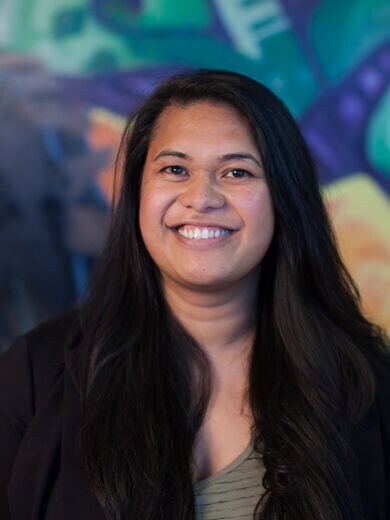
Within education, EPIC’s work often involves advocating for NHPI students by training educators and school leaders about the social construction of NHPI identity, as well as the cultural values, customs, and duties NHPI students carry with them into the classroom. EPIC also works directly with NHPI families—many of whom, in the face of poverty, view college as a luxury—to emphasize the importance of education in opening doors to the community and creating more long term opportunities, says EPIC’s executive director, Tavae Samuelu.
Additionally, EPIC supports NHPI educators, and has provided professional development training for Teach for America staff and educators since 2014 at events including Teach For America’s annual AANHPI corps member summit, where just this year, Tavae Samuelu served as a panelist and shared learnings with nearly 100 Teach For America educators and community leaders during a session titled: "AANHPI Policy Panel: Making the Invisible Visible.”
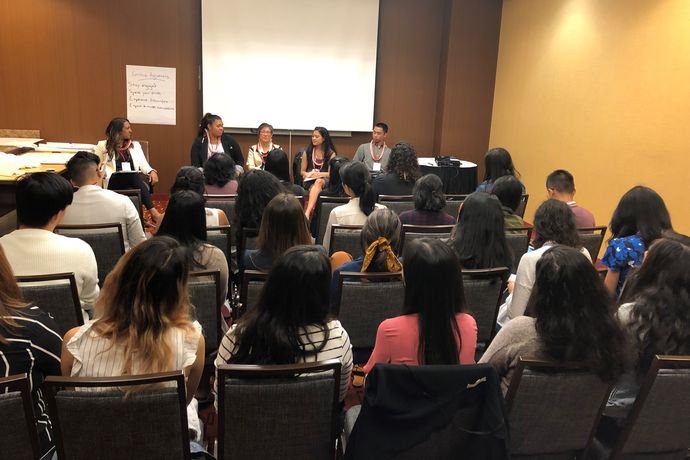
On the post-secondary level, one of EPIC’s most robust efforts at leadership development is its Pacific Islander Leaders of Tomorrow (PILOT) program, one of the only programs nationally to center NHPI culture while teaching college students about the systemic challenges the NHPI community faces, and how they can create paths to justice and healing through community building and organization.
EPIC understands that leadership development is an ongoing process, so PILOT is an iterative program with four components: Summer Institute, Semester Sessions, Forward Movement Projects, and Internships. “In the past, forward movement projects that have come from the PILOT program have included the creation of a mentorship program for young Samoan men in Los Angeles and workshops for high school students on how they can get into college and about PI Identity.” Tavae explains.
Through research, advocacy, and programs like PILOT, EPIC is creating a movement of leaders determined to transform their communities. “EPIC’s leadership development programming is going to create the next generation of advocates, educators, and researchers in and for the Native Hawaiian and Pacific Islander community,” Tavae says.
Fighting for Southeast Asian American Students’ Rights
Southeast Asian American (SEAA) students are members of the largest refugee community ever to be resettled in the U.S., after being forcibly displaced by war in Laos, Cambodia, and Vietnam. Despite the fortitude and resilience of the community, SEAA youth face great educational disparities, including one of the lowest bachelor’s degree attainment rates among students of color, due to language barriers, high rates of poverty, and gaps in mental health treatment and resources.
Southeast Asia Resource Action Center (SEARAC), a national civil rights organization that empowers SEAA communities through policy advocacy, community building, and leadership building, is leading an effort to push for disaggregated data on SEAA student needs and outcomes.
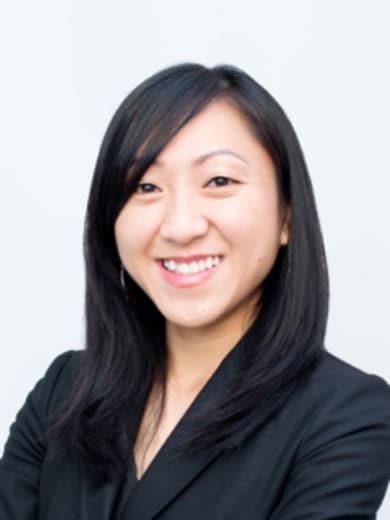
Teach For America has been a long-standing partner in these data disaggregation efforts: In 2014, Teach For America joined more than 180 national, state, and local organizations endorsing the federal All Students Count Act, calling for AANHPI data disaggregation in K-12 public schools. Teach For America remains part of the "All Students Count" coalition and engages in SEARAC’s National Data Disaggregation working group to continue advocating for stronger and more refined federal and state efforts in collecting data to better understand the needs of a diverse community and target resources more effectively.
“For educators, it is critical to know not only the challenges your Southeast Asian American students are facing, but also the tremendous assets and resilience that have created who they are today,” says Quyen Dinh, executive director at SEARAC.
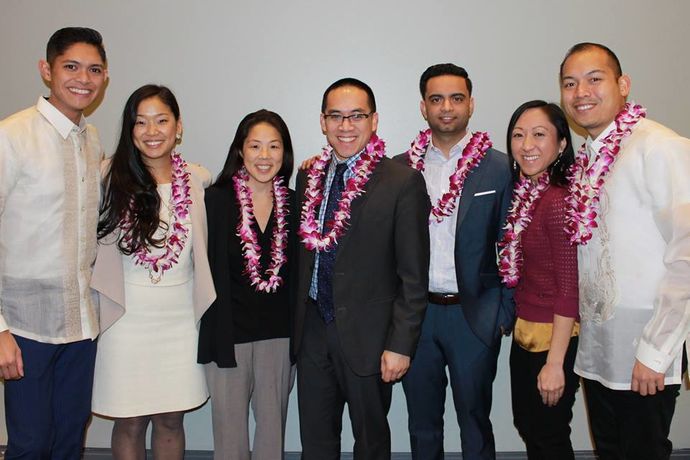
The organization works to address the intersectional issues of health and immigration through a number of interventions that help SEAA youth to heal. This includes advocating for partnerships with school-based healthcare centers and external community spaces that help make it easier for SEAA youth to access health services that address the intergenerational traumas of war, genocide, and displacement.
Providing supports both inside and outside of schools can help prevent SEAA students who may feel unseen and unheard from slipping through the cracks of the education system into the school to prison to deportation pipeline, which tears apart so many immigrant families.
SEARAC also works to create pipeline of leaders and advocates who will push for the policy changes that they want to see for their community in education, health, and immigration. Teach For America partners with SEARAC in these efforts, including supporting its organization leadership and advocacy training program in Washington, D.C., and its biannual equity summit.
“These are opportunities to really collaboratively build leaders who are advancing equity for our students, our families, and our communities,” Quyen says.
Making College Access a Reality for All AANHPI Students
College access, or the ability for all students to be able gain admission to college and pursue a degree, is a major hurdle among first-generation, low-income AANHPI students and those from non-English speaking families.
Asian & Pacific Islander Scholars (APIA Scholars), formerly called the Asian & Pacific Islander Scholarship Fund (APIASF), the nation's largest non-profit provider of college scholarships for Asian and Pacific Islander Americans, advocates for these students by providing financial support as well as the early guidance and mentorship necessary to break down common barriers around college access.
“APIAs need to be at the table for conversations around equity,” says Noël Harmon, president and executive director at APIA Scholars. “We're not thought of as a population that has a high need, so we’re often not invited to those conversations, but two-thirds of our students are first-generation, low-income, and certainly are a part of the equity gap.” One of the ways APIA Scholars addresses this need is by working directly with colleges and universities that have been federally designated as Asian American Native American Pacific Islander Serving Institutions (AANAPISIS) to provide an annual scholarship for APIA students attending these schools.
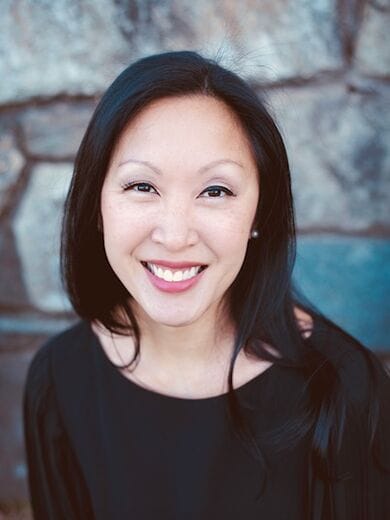
These universities are vital for helping low-income AANHPI students access college. Universities with this designation have enrolled approximately 40 percent of AANHPI students in higher education, according to a 2013 study by the National Commission on Asian American and Pacific Islander Research in Education.
APIA Scholars also provides career guidance and leadership development programs to guide student success and professional growth before they even set foot on college campus. “We have to create clear pathways from middle school all the way into the workforce and create more opportunity for students and employers to learn about each other throughout that process before they actually graduate from college,” Noël says.
Teach For America and APIA Scholars partner together to expose scholars to all the career choices they have available to them, including the leadership opportunities and impact possible within teaching careers. “We have students who express an interest in education early on,” explains Noël. “The opportunity to work closer with Teach for America is a great way to give them a chance to learn more about the profession.”
“It’s a great way for our students to give back to their communities or to work with other AANHPI communities elsewhere in the country,” she adds.
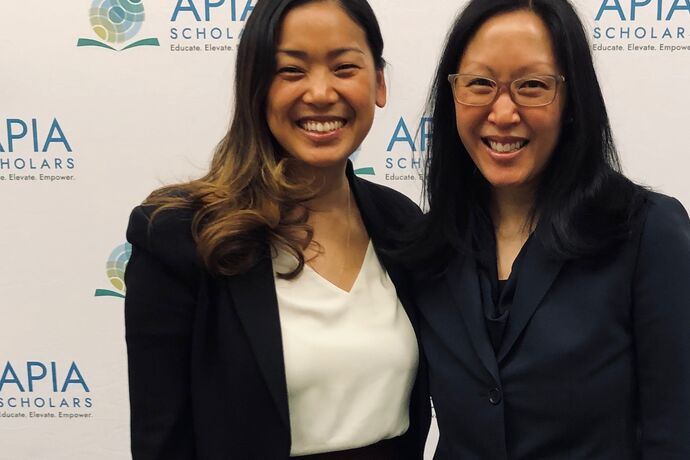
Building a Pipeline of AANHPI Leaders
This equity gap continues into the workplace, too. Asian and Pacific Islanders make up 12 percent of the professional workforce in the United States, but account for just 3 percent of board seats in the Fortune 500. Lack of representation hurts the AANHPI community economically by limiting workplace advancement, as well as signals the false idea that the AANHPI community is unfit for leadership roles.
“If you have a lot of AANHPI employees at your company, but you don't have any in leadership, the message that you're sending is that we are not capable of reaching that level,” says Nancy Yap, the Director of Development at Leadership Education for Asian Pacifics (LEAP), an organization dedicated to cultivating a robust pipeline of AANHPI leaders in the workplace and beyond.
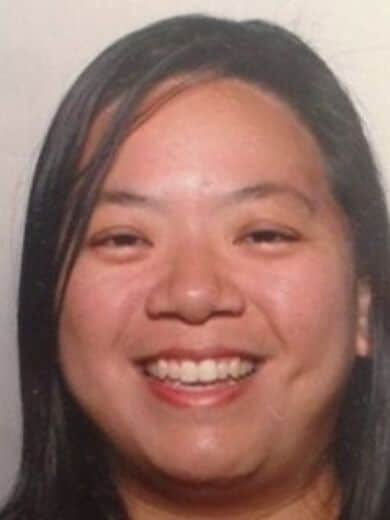
These messages of inferiority hurt everyone in the community, including AANHPI students who aspire to academic and career success, but who may not see leaders who look like them in their schools, colleges, or workplaces. Since 1982, LEAP has worked to tackle the pervasive issue of under representation of AANHPI professionals in leadership roles through a variety of leadership programs, workshops, and presentations that provide resources, and a model of what it looks like to be in an AANHPI leader, and a peer network of 125,000 leaders.
LEAP also works with nonprofits, including Teach For America, to ensure AANHPI staff is heard, have a seat at the table, and have a clear pathway to leadership advancement within these organizations. This year, LEAP participated in Teach For America’s 5th Annual AANHPI CM Summit to provide on-the-ground professional development to both educators and staff.
"Having a culturally relevant leadership development resource can help you figure out who you are and how to bring out your whole self in a leadership role versus operating under someone else's definition of what that should look like,” Nancy says.
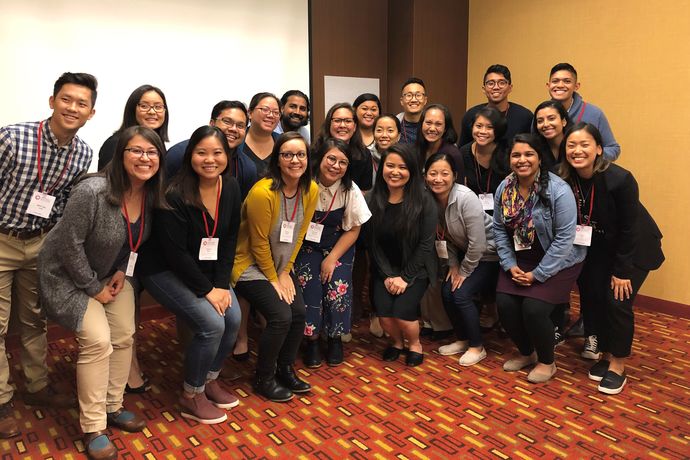
Helping AANHPI Students to Be Seen
EPIC, SEARAC, APIA Scholars, LEAP and Teach For America’s Asian American Pacific Islander Alliances continue to work towards the day when AANHPI students—in all of their diversity of needs, strengths, and assets—are truly seen.
“Before we can do anything, we need to know who we’re working with and what their challenges are. We need to literally be able to see our students,” Quyen says.
Sign up to receive articles like this in your inbox!
Thanks for signing up!
Content is loading...



